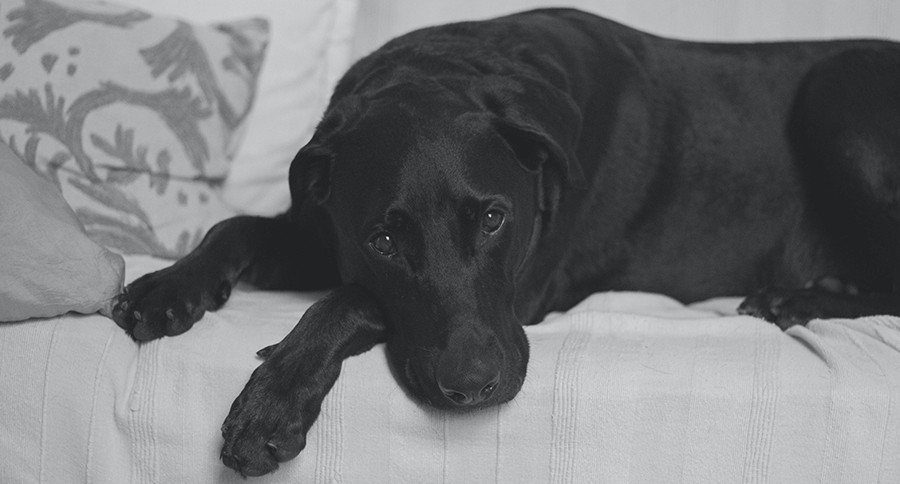It’s a common worry for pet owners: your dog turns their nose up at their food bowl. While an occasional missed meal might not be cause for immediate alarm, persistent refusal to eat can be concerning. Understanding how long a dog can safely go without food is crucial for responsible pet care. While dogs are resilient, prolonged periods without nourishment can lead to serious health issues.
Factors like age, overall health, hydration, and even stress levels can influence how long a dog can endure without eating. Puppies, with their high metabolic rates and energy demands, are far more vulnerable to the effects of food deprivation than healthy adult dogs. Similarly, senior dogs or those with pre-existing medical conditions have less physiological reserve and may decline rapidly if they stop eating.
The risks associated with a dog not eating for an extended period are significant. Nutrient deficiencies can quickly develop, impacting their energy levels and overall bodily functions. The body will start to break down muscle tissue for energy, leading to muscle loss and weakness. A weakened immune system becomes more susceptible to infections, further complicating matters if the initial reason for not eating is illness. Hypoglycemia, or low blood sugar, is a particular threat, especially for puppies and toy breeds who have smaller energy reserves. In some cases, starvation can even trigger a dangerous condition called hepatic lipidosis, or fatty liver, which can be life-threatening. Often accompanying food refusal is dehydration, which exacerbates all these negative effects.
Generally, a healthy adult dog can survive for three to five days without food and sometimes even longer. However, this is a general guideline and not a recommendation. It’s crucial to understand that “survival” is different from thriving, and even a shorter period of food refusal can be detrimental to a dog’s well-being, especially if there’s an underlying health issue. If your dog refuses food for 24 to 48 hours, it’s important to take notice, particularly if this is accompanied by other symptoms like vomiting, lethargy, diarrhea, or any changes in their usual behavior. For puppies, senior dogs, or dogs with known health conditions, even 24 hours of not eating warrants a call to the veterinarian.
If your dog is off their food, the first step is to try and encourage them to eat. However, it’s essential to rule out any underlying medical conditions first by consulting with your veterinarian. Once medical issues are addressed or excluded, you can try various strategies to tempt your dog’s appetite. Offering highly palatable foods like moist wet food, or a bland diet of boiled chicken and rice can be helpful. Baby food (meat-based, onion and garlic-free) and bone broth are also gentle options that can entice a sick dog to eat. Try making their food more appealing by warming it slightly to enhance its aroma. Hand-feeding can also sometimes encourage a reluctant eater, providing comfort and attention while offering food. In some cases, changing food brands or adding flavorful broths to their regular food can make it more enticing. For dogs with diagnosed medical conditions causing appetite loss, a veterinarian may prescribe appetite stimulants. In extreme cases, if a dog has gone for an extended period without food and refuses all other methods, syringe feeding liquid food might be necessary, but this should only be done under the direct guidance of a veterinarian to ensure it’s done safely and correctly.
While food is important, water is even more critical. Dehydration can set in much faster than starvation and is equally, if not more, dangerous. Always ensure your dog has access to fresh, clean water. If your dog is refusing to drink, you need to be even more concerned. Signs of dehydration include lethargy, dry gums, sunken eyes, and decreased skin elasticity. You can try to encourage water intake by offering ice cubes to lick, providing water from your fingers, or even adding a small amount of unsalted chicken broth to their water to make it more appealing.
In conclusion, while dogs can survive for a few days without food, it’s not a situation to take lightly. Prolonged food refusal, especially beyond 48 hours, is a serious concern and warrants immediate veterinary attention. Monitor your dog closely for any signs of illness or dehydration if they are not eating. Prioritize water intake, and if food refusal persists, seek professional veterinary help to diagnose any underlying issues and ensure your dog receives the necessary care and nutritional support to recover quickly. Remember, proactive care and timely veterinary intervention are key to ensuring your dog’s health and well-being when they are not eating.


